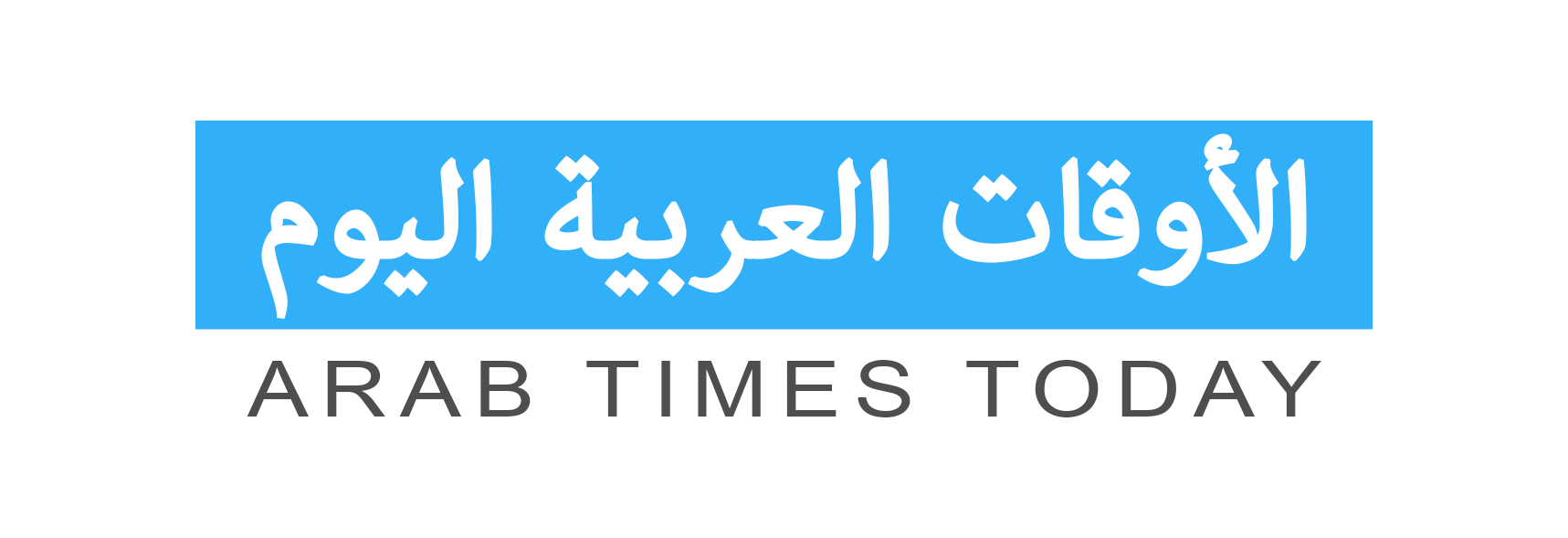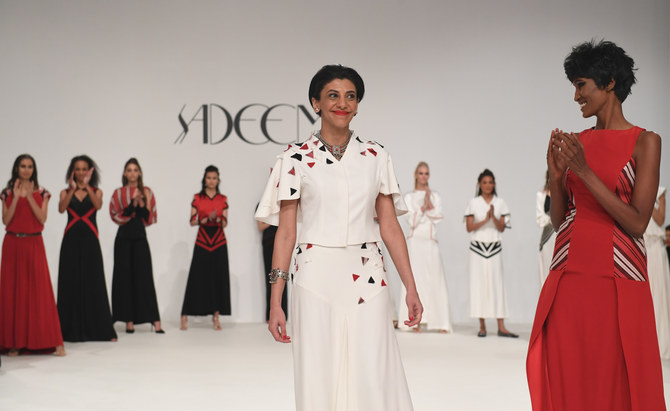DUBAI: Fashion has a new buzzword, and it is not a color or silhouette — it’s a total change towards how fashion is produced and consumed. The industry is the world’s second-largest polluter — at the same level as the water, energy and chemical industries. It can truly be seen as a threat to the planet: From the amount of clothes that end up in landfills to its greenhouse emissions, the figures are now at record levels and increasing every year.
The good news is that the industry is finally starting to take responsibility and major labels are now looking at ways to make their work sustainable. While a few European luxury houses have been trying to address this issue for the last 15 years, fast-fashion brands like Zara have only been seriously looking at sustainability for the last year or so. That’s true, too, of regional fashion labels.
At this month’s Fashion Forward Dubai (FFWD), one of the region’s major fashion platforms, sustainability was a major highlight for the first time. Of the 21 labels showing, five — Saudi Arabia’s Sadeem, Roni Helou, Reemami, Farah Wali and Hass Idriss — showed sustainable collections, and it was also the focus of a talk about the future of fashion.
Bong Guerrero, CEO and Co-Founder of Fashion Forward Dubai believes that, in many ways, regional fashion has a natural alignment to sustainability. “Higher quality and timeless design are important aspects of sustainable fashion, as are bespoke and vintage fashion,” he says. “All of these are hallmarks (of) the region’s fashion landscape.”
Sustainable fashion is a broad term. It is about more than simply using fabrics that are environmentally friendly, covering all areas of fashion. Aljawharah Sadeem Abdulaziz Alshehail — founder and designer at Sadeem, who has been designing sustainable collections for three years now — tells Arab News, “When I design, I think about going from cradle to cradle.” That’s a term that crops up often when talking about sustainability — meaning that products should be able to have multiple ‘lives’ (as opposed to cradle-to-grave, meaning that, although the product may last a long time, it will eventually be junked). Sadeem works only with textile mills that are eco-friendly and she never goes for mass production —making sure that there is no waste. “I do not follow seasons,” she says. “I make clothes that women will want to wear for years.”

